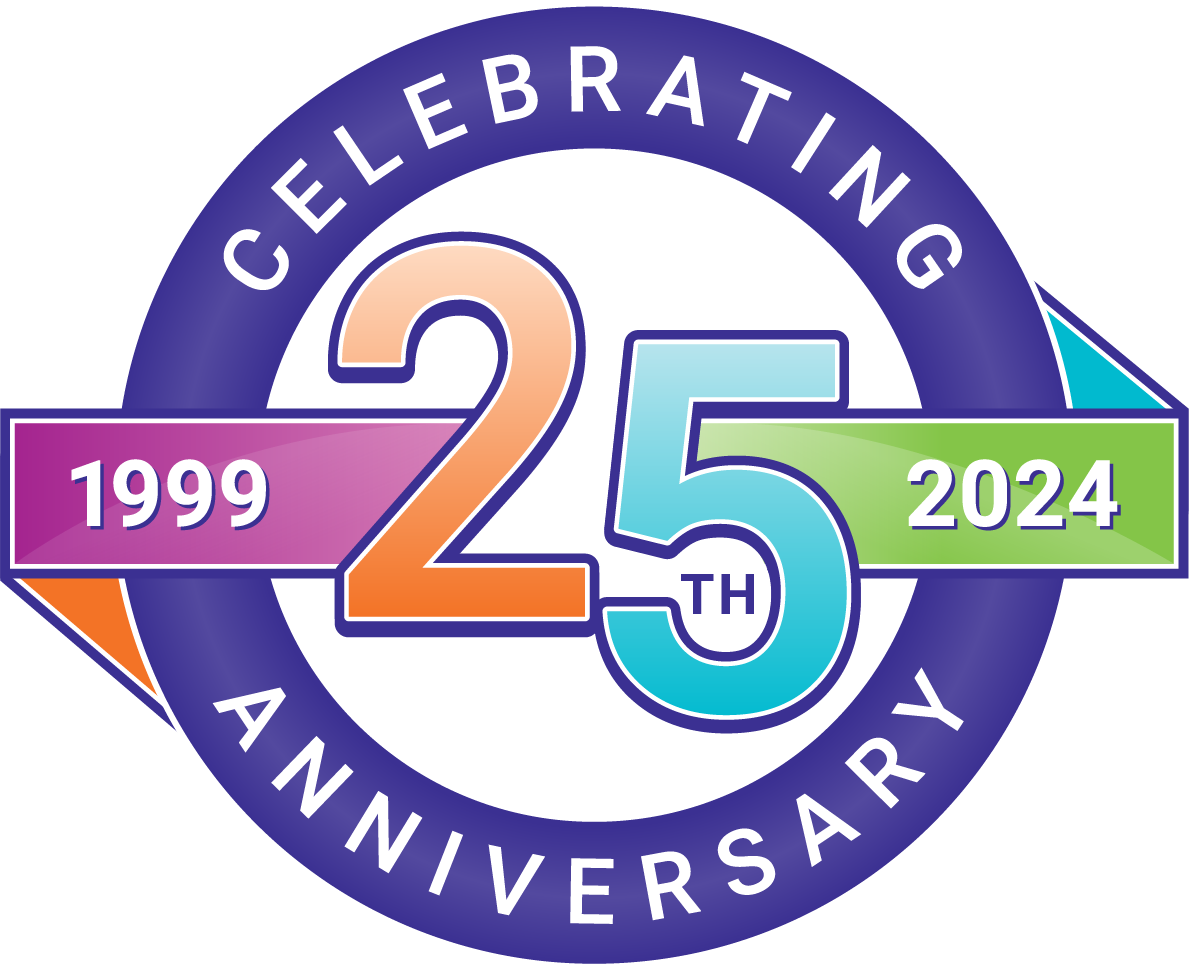Misconceptions of Copyright
- One of the most common misunderstandings centers around notice of copyright. In 1989, the United States signed the internationally accepted Berne Copyright Convention, which grants copyright with or without notice. Thus, the only safe assumption is that everything is copyrighted, unless you have definite knowledge that copyright does not apply. Some works are not copyrighted because their copyright has expired/lapsed or because copyright does not apply, such as materials published by the federal government unless otherwise noted (public domain). In some cases, creators add an open license, such as one from Creative Commons, to their copyrighted work to allow specific uses.
- There is also a common belief that if one does not charge for or gain financially from the usage, there is no violation of copyright. This is not necessarily true. For example, in terms of films, videos, and music, even a free public performance requires permission if you did not pay for performance rights.
- Some people falsely believe that as long as they cite the source they used, they have permission to use it. That is not the case. Citations and copyright are two different concepts.

